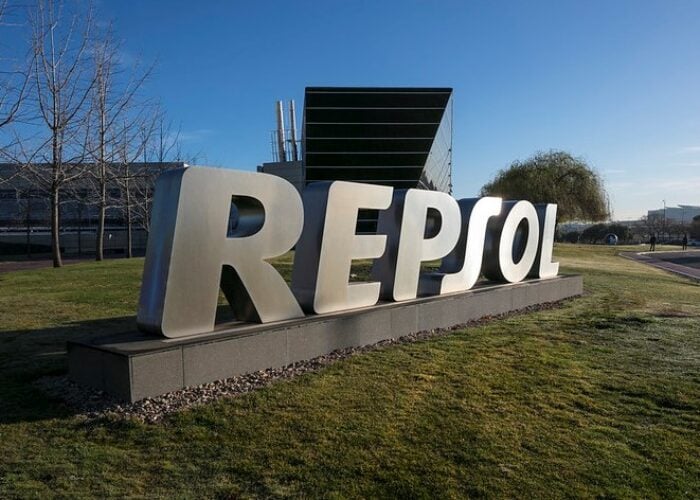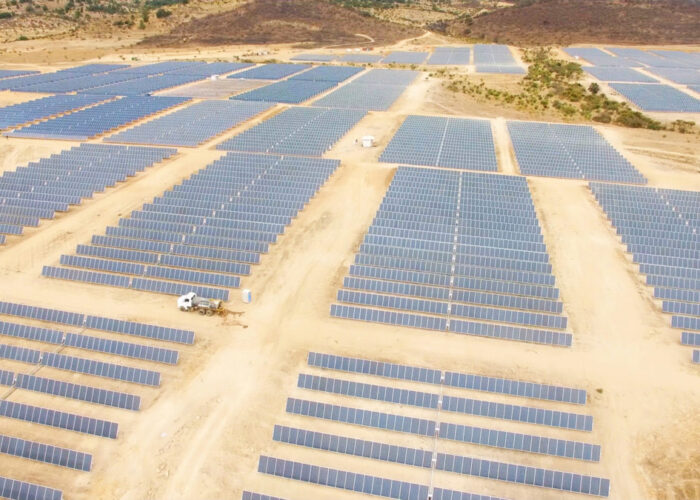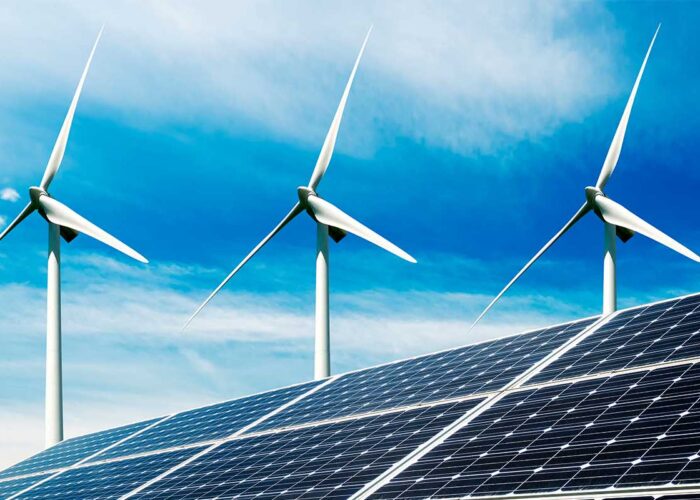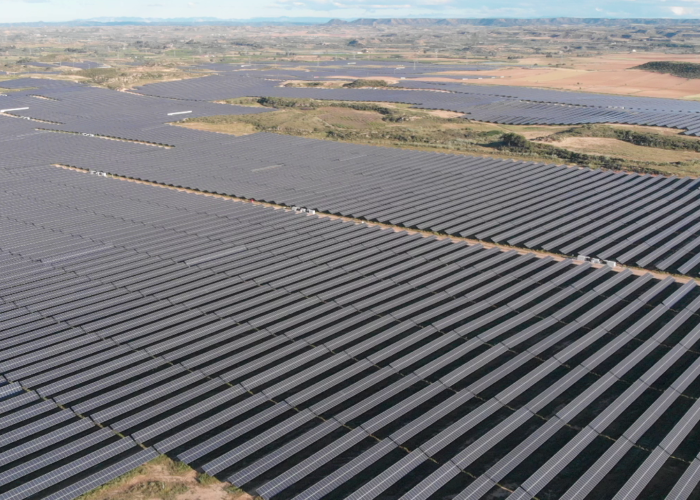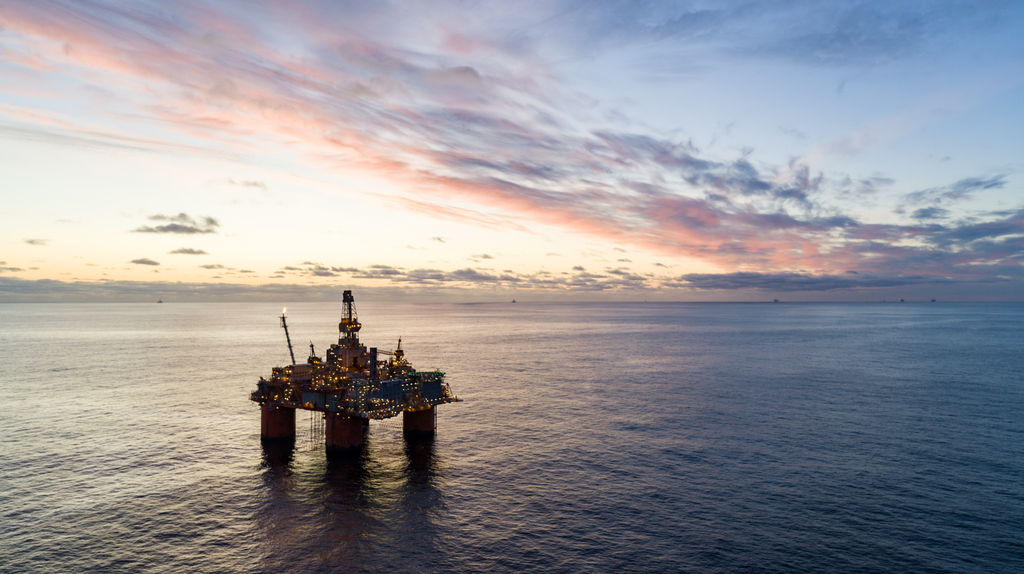
Norway's state-backed oil major Equinor has joined Spain's Repsol in pledging to achieve ‘net zero’ greenhouse gas emissions at operations by mid-century.
The company has said it will spend NOK 50 billion (US$5.7 billion) over the next ten years to reduce carbon dioxide and methane emissions at its onshore plants and offshore fields.
Unlock unlimited access for 12 whole months of distinctive global analysis
Photovoltaics International is now included.
- Regular insight and analysis of the industry’s biggest developments
- In-depth interviews with the industry’s leading figures
- Unlimited digital access to the PV Tech Power journal catalogue
- Unlimited digital access to the Photovoltaics International journal catalogue
- Access to more than 1,000 technical papers
- Discounts on Solar Media’s portfolio of events, in-person and virtual
It is eyeing a 40% reduction on 2005 emissions levels by 2030 and 70% by 2040 – a more dramatic ramp-up in the short-term than Repsol, which has pledged 20% and 40% respectively.
Equinor, which rebranded itself from Statoil in 2018, is 67% owned by the Norwegian government and is the largest oil and gas exploration company in Scandinavia. Its solar interests fall predominantly into its stake in compatriot solar developer Scatec Solar which enjoyed prolific growth in 2019.
Equinor increased its stake in Scatec Solar in late December 2019, acquiring an additional 6.5 million shares to take its total holding to 15.2%. The US$78.5 million transaction valued Scatec Solar at around US$1.5 billion.
The initial, 2030 milestone will through “large-scale industrial measures,” including energy efficiency, digitalisation and new electrification projects, according to the company.
It said the later targets will require more resource and electrification, ‘consolidation of infrastructure’ and new business streams.
Equinor said it is exploring offshore wind, carbon capture and storage and hydrogen production from natural gas. It estimates that by 2050, its oil and gas production business will have halved in size.
Spanish oil and gas giant Repsol claimed it was the first oil major to pledge a ‘net-zero’ ambition when it unveiled its emissions-slashing plan at the Madrid COP25 climate talks held in December.
Royal Dutch Shell and Total SA have set less ambitious emissions targets. The former has committed to ‘reducing the net carbon footprint of its energy products by around half in 2050, and by around 20% in 2035’ and the latter to reduce emissions from 46Mt in 2015 to 40Mt in 2025.

